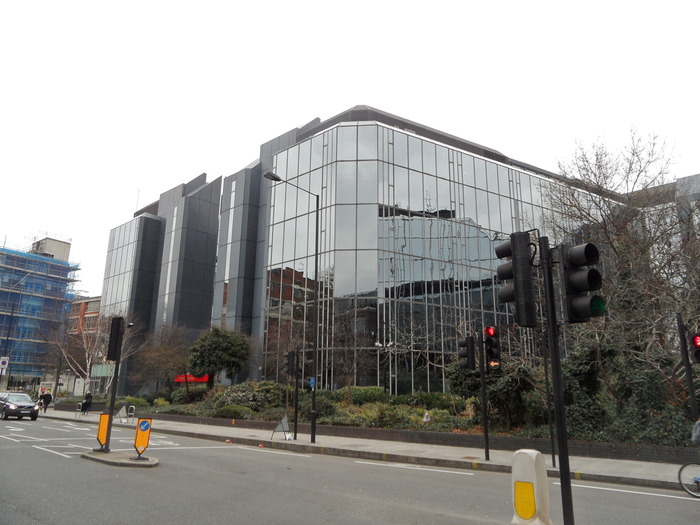
Professional drafting of any legal agreement really does make good sense and that is doubly so when the subject matter is an interest in land. The point was made by a case in which informal occupation of commercial premises gave rise to intractable and costly High Court proceedings.
The occupiers of three commercial units each claimed to have a right to some sort of tenancy. They argued that such a right derived from a 10-year tenancy that had been orally granted to one of them, a company. Alternatively, they submitted that the company had a periodic tenancy, either quarterly or monthly, to be inferred from the landlords’ conduct in accepting regular rent.
After the landlords sought summary judgment against the occupiers, the Court noted that, by operation of Section 52 of the Law of Property Act 1925, a lease for a term of more than three years is void unless made by deed. The claim to a 10-year oral lease was therefore fundamentally bad in law and was struck out.
The Court, however, noted that it is well established that a periodic tenancy can come into existence by inference where a person occupies land with the owner’s consent and periodic rent is paid and accepted. There was evidence that the company had been conducting business from the premises for some years and that rent had been demanded and paid on a quarterly basis.
In those circumstances, that issue could not fairly be disposed of summarily and would have to be considered at a full hearing. It was also arguable that the company had a business tenancy subject to, and protected by, Part II of the Landlord and Tenant Act 1954. The occupiers had raised serious issues to be tried and the Court issued an injunction to protect their position and to maintain the status quo pending trial.